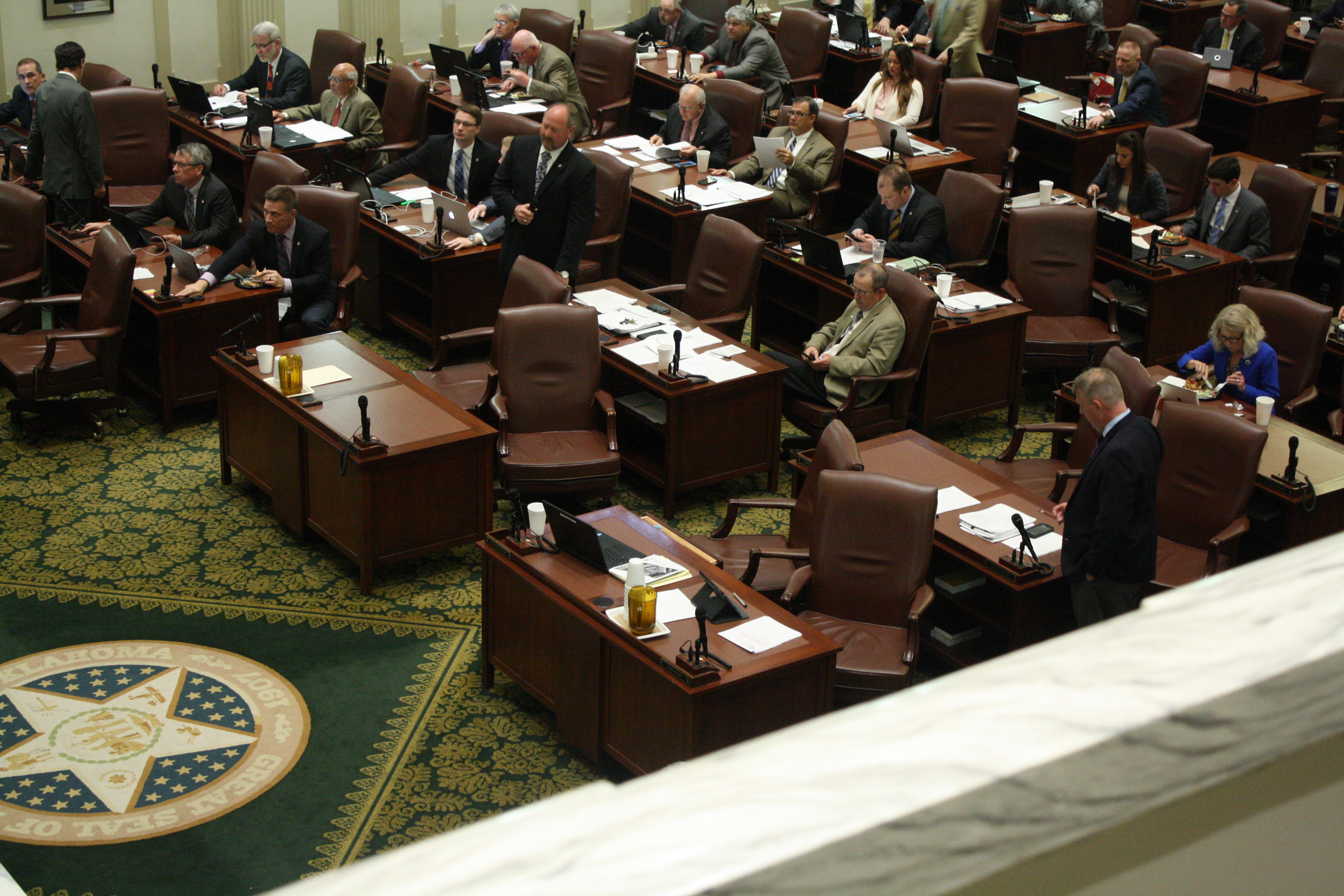The 2018 regular session is upon us. Despite two special sessions, we are still facing a budget shortfall and have much work to do towards a fair and prosperous Oklahoma. We’ve identified the following legislative priorities for this session.
 Increase revenue
Increase revenue
Our three health agencies—the Health Care Authority, the Department of Mental Health, and the Department of Human Services—still face a $70 million shortfall from last year’s budget. State employees and teachers haven’t had a raise in a decade. Health care provider rates have been slashed and the developmental disabilities care waiting list continues to grow. It is clear that our chronic budget shortfall has put our vital core services on life support. We must correct this course of cuts and under-funding of vital public services. It is time to find sustainable revenue sources and reverse irresponsible tax cuts and unnecessary subsidies of the past.
Strengthen working family tax credits
Oklahoma has many tax breaks for high-income individuals, but just 3 that support low- and moderate-income working families. One of those is the Earned Income Tax Credit (EITC). The EITC encourages work and supports families and children through a tax credit proportional to their earnings. Families can use their tax refund to pay for things such as bills, groceries, property tax, or tuition. In 2016, Oklahoma slashed the EITC for 200,000 families when it was made non-refundable. That means less money in the pockets of those who need it most. The EITC has been proven to encourage work and help lift families out of poverty. Restoring the EITC should be a priority for legislators this session.
Stop attacks on Oklahoma’s safety net
Safety net programs exist to help our fellow Oklahomans when they fall on hard times. These programs include the Supplemental Nutrition Assistance Program (SNAP) and SoonerCare. In a misguided effort to fix our budget crisis, legislators often look to restrict programs such as these by cutting eligibility or requiring enrollees to produce detailed information showing they are working. This is a solution in search of a problem when the majority of non-disabled adults enrolled in SoonerCare or SNAP already work, and cutting Oklahomans’ basic living standards by taking away their health care and food will only make it harder for them to maintain a job and to make ends meet. Furthermore, the proposed restrictions will not strengthen our budget; they will only add to bureaucracy and redirect funding away from the Oklahomans who need it.
What can I do?
To help join the effort to create a budget that reflects our values, please consider joining your local Together Oklahoma chapter at togetherok.org.
Lastly, you can make a tax-deductible contribution to help fund this important work: https://togetherok.org/donate/
–Sabine Brown, sbrown@togetherok.org







